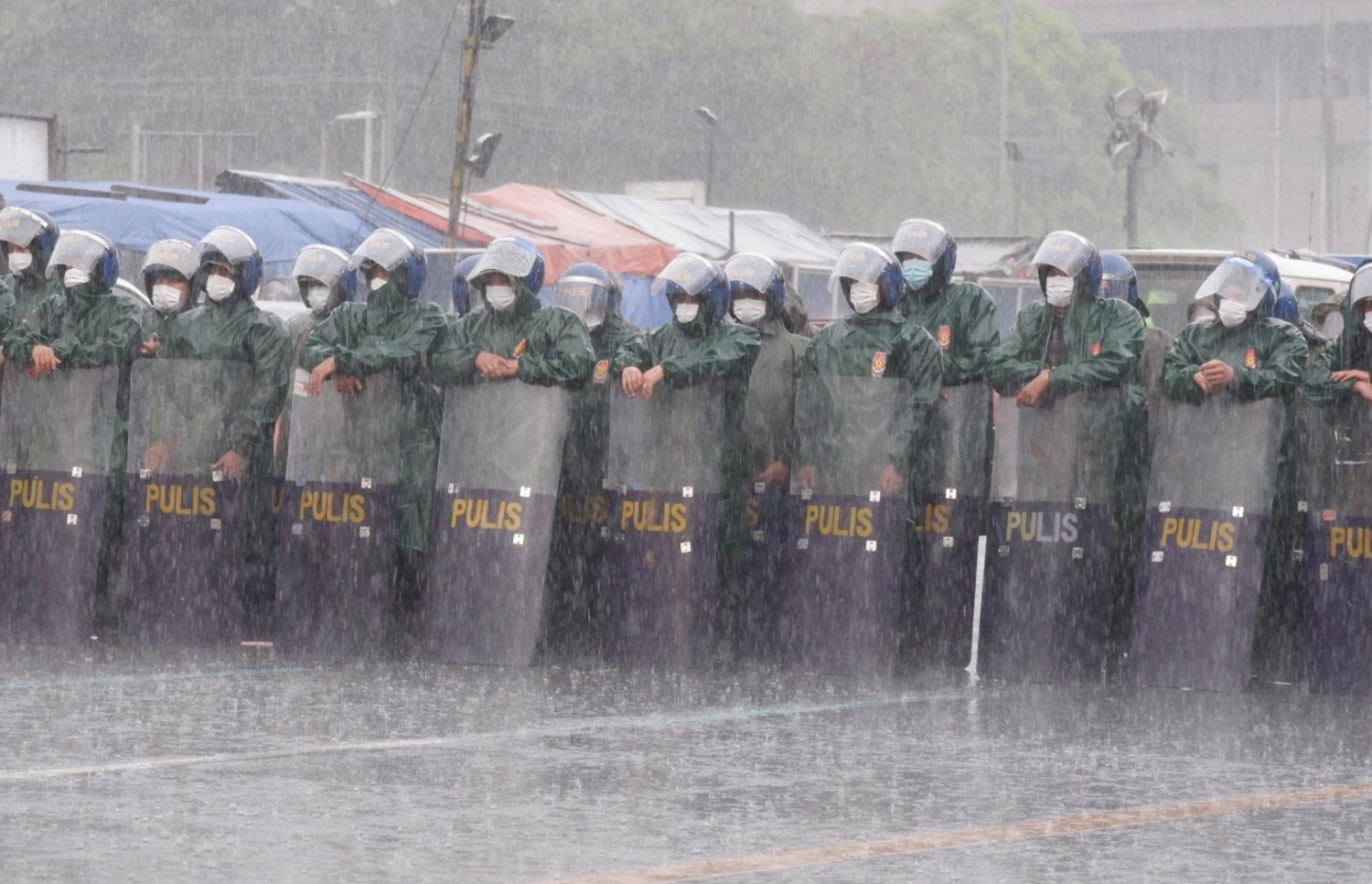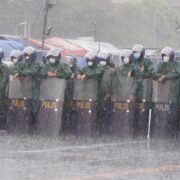THE imposition of the death penalty would deter crimes in the country, Philippine National Police (PNP) Chief Gen. Archie Gamboa argued on Wednesday, July 29.
“The PNP believes that with this kind of imposition, there would be a deterrence on crime,” he told reporters on the sidelines of the destruction of 800 kilograms of shabu confiscated in Bulacan.

Gamboa also pointed out that the death penalty would put a stop to the Philippines being a convenient spot for individuals, especially foreigners, to commit illegal drug activities.
“If we compare it with other countries, especially when we apprehend foreigners, the first question is why do they do it here, because they are in a way convenient in the absence of a death penalty,” he said.
“It has been the stand of the PNP that we are fully supportive of the imposition of the death penalty. Besides, the campaign of the Duterte administration against illegal drugs is unprecedented and this can’t just be compared with any other administration,” he added.
According to the PNP chief, a person should face death penalty if caught with 50 grams of illegal drugs and up.
“To be considered a high-value target, you should be caught with at least 50 grams of illegal drugs. Drug users usually only buy drugs by the sachet,” said Gamboa.
Senate President Vicente “Tito” Sotto III, however, disagreed with his suggestion.
“The present law says 200 grams non-bailable, paanong naging 50 grams lang death penalty (how did it become only 50 grams for death penalty)? If they insist, then forget the bill,” he said.
On Tuesday, July 28, Sotto said the passage of death penalty would have better chances if the law would be applied only to convicted drug lords.
“If it’s confined to high-level drug trafficking, we stand a good chance of having it passed. Otherwise, I’m telling you now, mahihirapan na pagka hindi ganoon (it would be difficult if it’s not done that way),” he said.
“Una sa lahat, walang mahirap na high-level drug trafficker, walang mahirap na drug lord, so hindi uubra yung sinasabi nilang anti-poor (First of all, no high-level trafficker is poor, no drug lord is poor, so they can’t say it’s anti-poor),” he added.
Sotto also stressed that this is the way to convince fellow lawmakers who opposes the death penalty.
“So what I am saying is, regarding our colleagues who oppose the death penalty, we stand a better chance of getting them to agree if it’s confined to that group of criminals,” he said.
President Rodrigo Duterte, in his fifth State of the Nation Address (SONA), called on Congress to reinstate the death penalty in the Philippines for drug-related charges.
“I reiterate the swift passage of the law reviving the death penalty by lethal injection for crimes specified under the Comprehensive Dangerous Drugs Act of 2002,” he said Monday, July 27.
“This law will not only help us deter criminality but also save our children from the dangers posed by illegal and dangerous drugs,” he added.
House Majority Leader Martin Romualdez assured that the imposition of the death penalty for drug-related crimes will be thoroughly deliberated by the House of Representatives.
“We, in the House of Representatives, are committed to deliver to the President the measures needed to support his vision for the nation in the years to come. We are ready to take on the challenge,” he said Tuesday.
He added that he expects to work closely with the Senate “to smoothen the deliberations and passage of these vital bills.”






